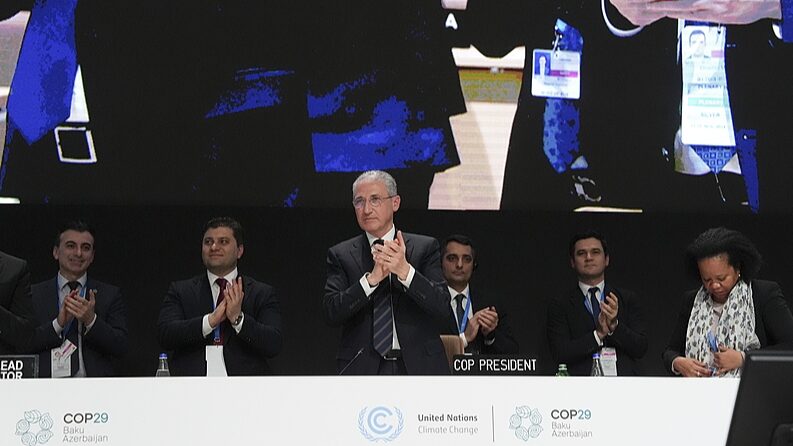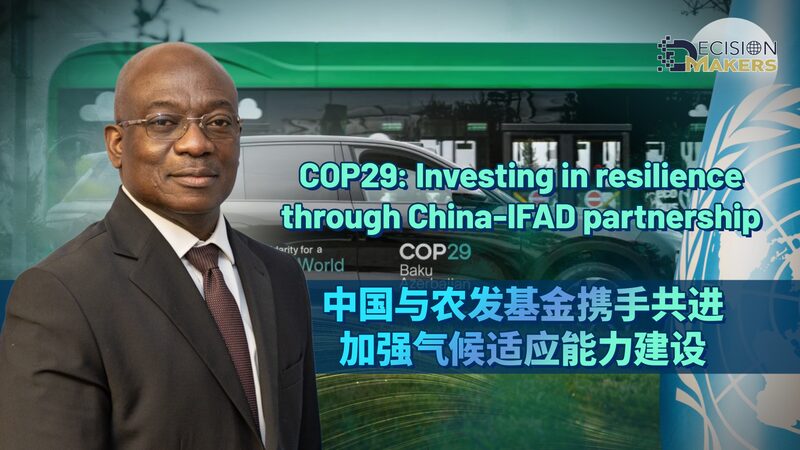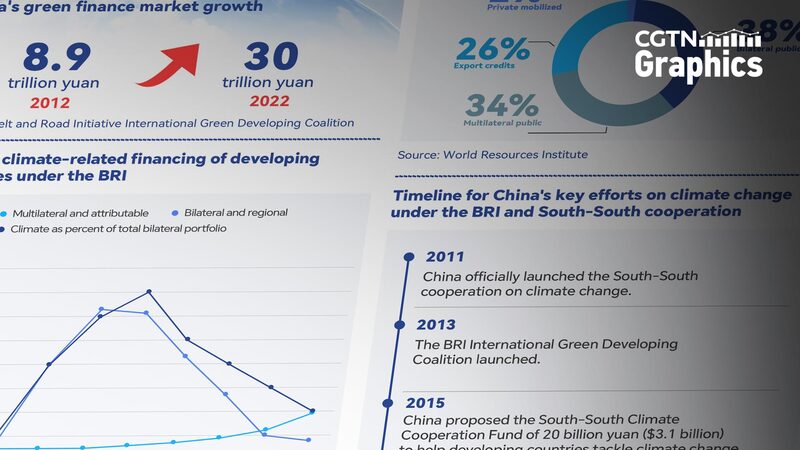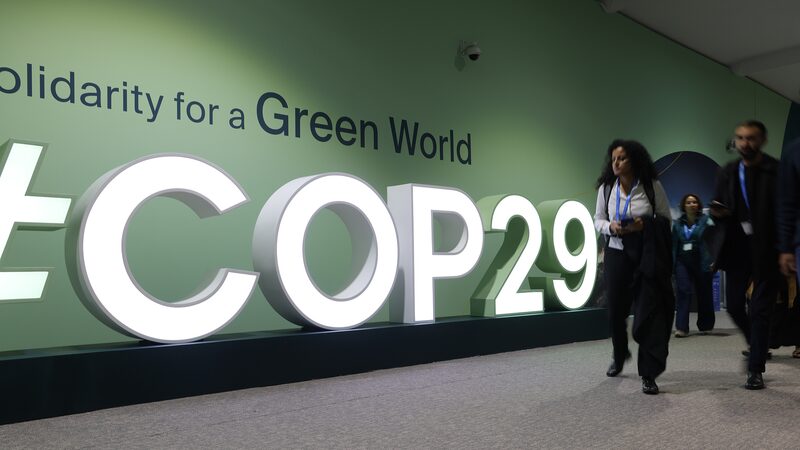Baku, Azerbaijan – The first week of the 2024 United Nations Climate Change Conference, known as COP29, concluded with more distractions than decisive deals, leaving critical funding issues unresolved. Delegates from around the globe gathered in Baku, but progress on determining how much financial support developed nations should provide to developing countries for climate action remains stagnant.
At the heart of the negotiations lies a staggering $1 trillion annual gap between what developing nations are requesting and what developed nations are willing to offer. Developing countries are united in their call for $1.3 trillion per year to transition away from fossil fuels, cope with rising sea levels and temperatures, and address the damages caused by climate-driven extreme weather events.
“All the developing countries look very united behind $1.3 trillion. That’s not a ceiling. That’s what they want. That’s what they think they need,” said Debbie Hillier, policy lead at Mercy Corps. “The U.S. and Canada are constantly talking about a floor of $100 billion… So you’ve got $100 billion at one end and $1.3 trillion at the other end.”
The lack of consensus during the initial week has placed immense pressure on the upcoming ministerial discussions. As government ministers arrive in Baku for the second week of COP29, expectations are high for significant breakthroughs in the hard political deal-making required to bridge the financial divide.
Observers note that the discrepancy in proposed funding levels underscores broader challenges in global climate cooperation. The $100 billion figure from developed nations falls significantly short of the developing world’s needs for meaningful climate adaptation and mitigation efforts.
The second week of COP29 is poised to be pivotal. With time running out, negotiators must navigate complex economic and political landscapes to forge agreements that will define the global response to climate change for years to come.
Reference(s):
cgtn.com





